




 Official Transcript
Official Transcript  Several Essays
Several Essays  Writing Sample
Writing Sample  1 Recommendation
1 Recommendation  Online Application From
Online Application From 


Application is closed

Black Geographies: Race, Place, and Space in Space is one of TASS Critical Black Studies courses designed for students to address relationship between Black expressive culture, collective/everyday resistance, and uneven geographies. Theory and practice will engage Africana Indigenous knowledge systems, Caribbean intellectual traditions, Black British cultural studies, and Black Studies in the Americas.
 Non-credit
Non-credit
 Residential
Residential
 Accepts International Students
Accepts International Students
What is TASS-CBS?
This summer, high school juniors (“rising seniors”) will participate in six-week educational program related to Critical Black Studies.
Telluride works with faculty to create exciting courses designed to inspire young people to explore the histories, politics, literature, and art of people of African descent.
Black Geographies: Race, Place, and Space in Space
Seminar Description: This course is designed to engage students with questions addressing the relationship between Black expressive culture, collective/everyday resistance, and uneven geographies. This course will introduce students to the field of Black geographies as theorized by scholars Katherine McKittrick and Clyde Woods. Black geographies seek to consider what kind of possibilities emerge when a critical Black studies perspective encounters critical geography. That is to ask, what happens when we engage questions about the convergence of place, power, and difference? Students will therefore examine the global intersections between race/gender/class, Blackness, and spatial politics in the African world to reveal the various ways Black/Africana populations produce, know, and negotiate space through and against processes of dispossession/displacement, enslavement/exploitation, containment, and (neo)colonialism and (neo)imperialism.
Throughout the summer students will be introduced to a range of multidisciplinary conceptualizations that attempt to render visible the locations of Black/Africana history, selfhood, imagination, and resistance. We will ask ourselves, what are Black geographies? How do Black/Africana populations create and give meaning to space, place, and time? Why is space, place, and time so important? How are Black/Africana populations implicated in the production of space and produce a Black/Africana “sense of place”? In what ways do they bring into focus responses to geographic domination? How are Black/Africana histories, identities, cultures, conditions of resistance, imaginations, and life potentials attached to and affected by place? Finally, what is the imperative for a project of Black geographies? What types of knowledges—alternative socialities, social explanations and social actions, intellectual and aesthetic traditions—emerge to articulate praxis for realizing global social justice and give birth to a (re)new(ed) society, to new futures?
To attend to the complex movements of Africana peoples, histories, intellectual, and sociopolitical formations, our praxis (theory and practice) will engage (however, not be limited to): Africana Indigenous knowledge systems, Caribbean intellectual traditions, Black British cultural studies, and Black Studies in the Americas.
What do participants do?
If you participate in TASS-CBS, you will attend a three-hour college-level class each day, which will typically include discussions, small-group work, lectures by faculty, and other activities. You will be expected to read books and articles, view films and art, and participate in other class activities. You will also write essays during the summer, with help and feedback from the instructor team. Outside of class, you will participate in a public speaking program with your classmates and hear lectures from guest speakers visiting the TASS-CBS house. You and your classmates will also have a say in what the program does. You will work together democratically to create an inclusive environment, manage money, and make other important decisions.
Who teaches TASS-CBS?
Two faculty members teach each class. All of our faculty are enthusiastic about the program, and they often rank TASS as one of their most rewarding experiences as teachers. There will also be a teaching assistant for each class. They will lead writing workshops and provide additional help to students with critical reading and writing skills.
In addition to the instructor team, there will be two resident advisors assigned to each program. Many of these resident advisors attended TASS themselves and chose to return to give back and share this transformative experience with others. They live with the students, helping them create a tight-knit environment where students can explore the principles and practices of community living and democracy.
What will I get out of TASS-CBS?
At TASS-CBS, you will improve your reading, writing, speaking, and critical thinking skills as you explore your interests in and out of the classroom. In order to encourage students in their love of learning, the program does not assign grades. You will also learn about and explore topics and ideas within Critical Black Studies. Finally, you will gain experience with community living and democratic decision-making.
All current high school juniors (eleventh grade) are eligible to apply for the program. You do not need to be a United States citizen or attend a US high school to apply. If you do not attend an American high school, you should apply one or two years before you expect to graduate from high school. Similarly, if you are home-schooled, you should apply one or two years before your expected graduation.
You do not need any academic experience with the topic of your TASS program, and we do not expect you to have any.
 Official Transcript
Official Transcript
 Several Essays
Several Essays
 Writing Sample
Writing Sample
 1 Recommendation
1 Recommendation
 Online Application From
Online Application From
• Application form
• Essays
We do not consider test scores and high school grades important for the TASS application process. Instead, the most important part of the application for us is the essays. The TASS application essays give applicants a chance to show us their personalities and demonstrate their thoughtfulness, critical thinking, curiosity, and interest in social and political issues.
If you are selected for an interview:
• Transcript
• Letter of recommendation
• Additional essay you wrote for school
Deadline
Last year the applications were due on January 5th. Deadline for 2023 will be released in the fall.
 Jun 26 - Aug 06
Jun 26 - Aug 06
 6 weeks
6 weeks
TASS Is Completely Free!
We cover all of the program costs—tuition, books, room and board, and field trips—for every student. If you need, we can help pay for all or part of your travel costs to and from the program.
Financial Aid
We understand that you may normally spend time in the summer working at a job, taking care of family members, or supporting your family in other ways. If this is the situation for you, we can provide additional financial aid to help replace earnings from your summer job. Financial aid decisions are made separately from decisions about program admission, so needing financial aid won’t affect whether you are accepted to the program.



 Official Transcript
Official Transcript
 Several Essays
Several Essays
 Writing Sample
Writing Sample
 1 Recommendation
1 Recommendation
 Online Application From
Online Application From



Application is closed

Useful Resources






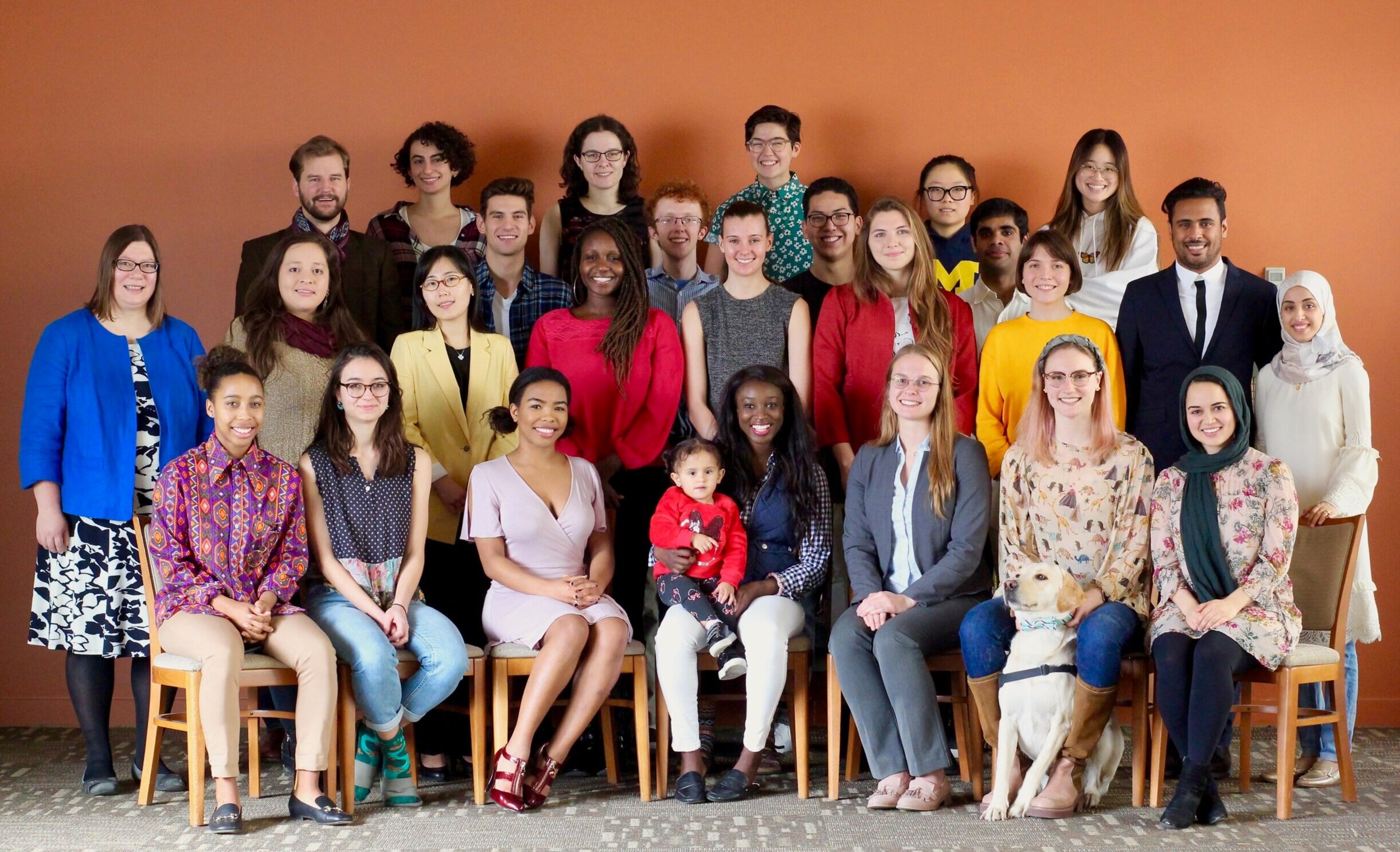
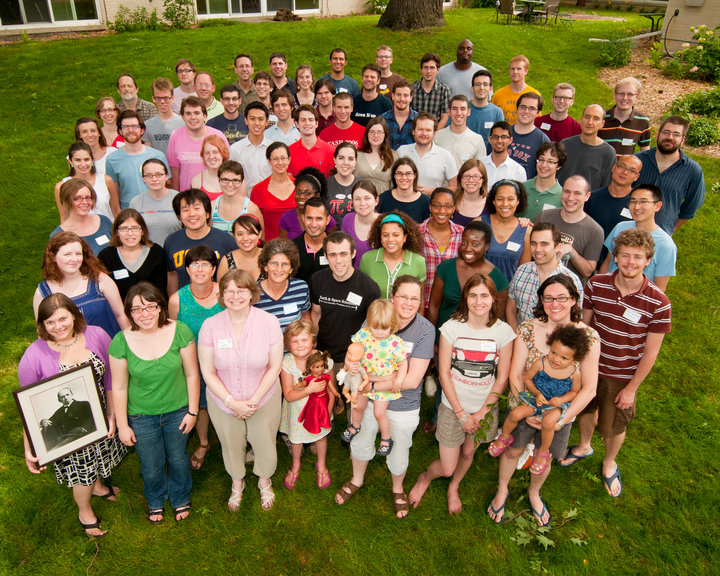
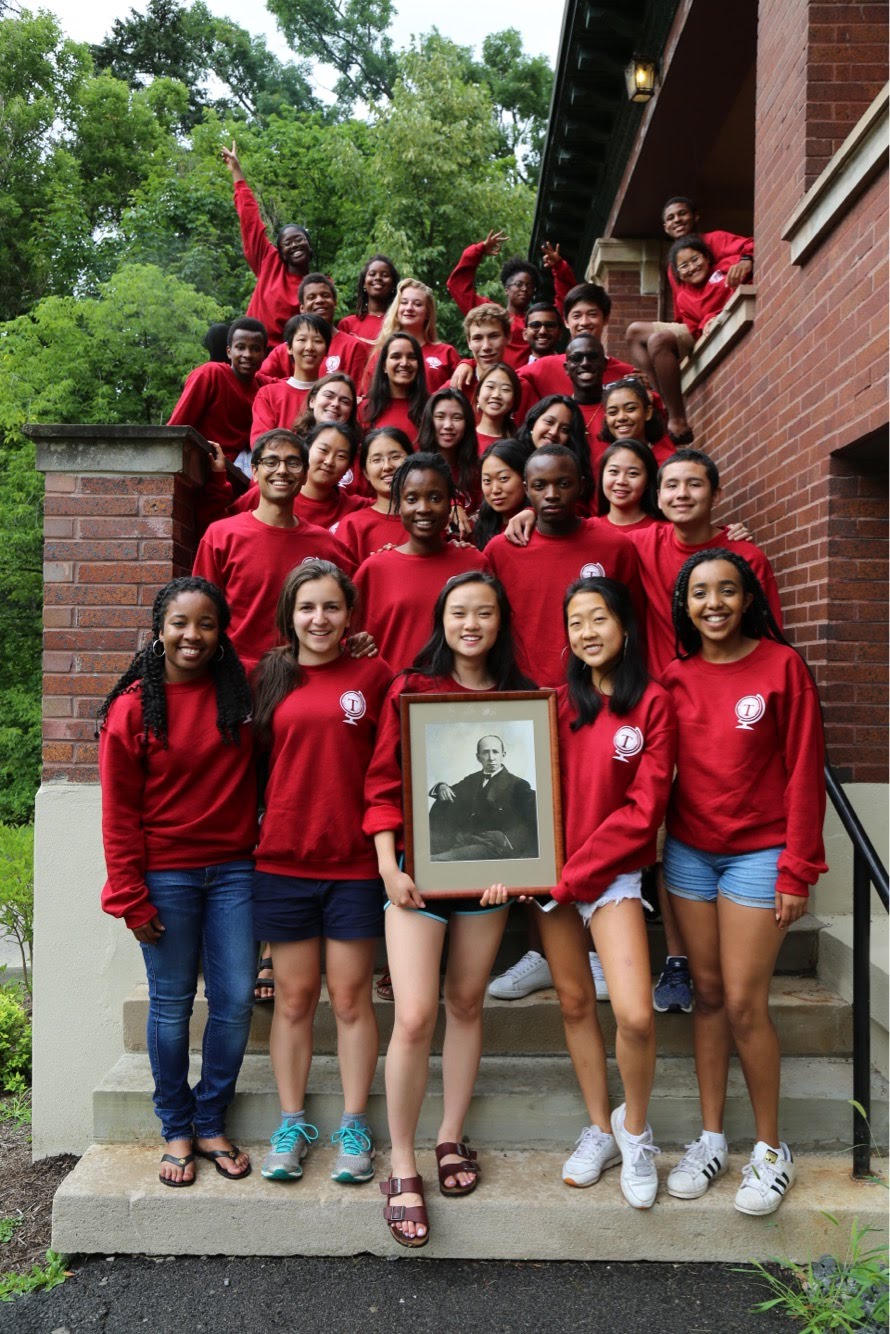
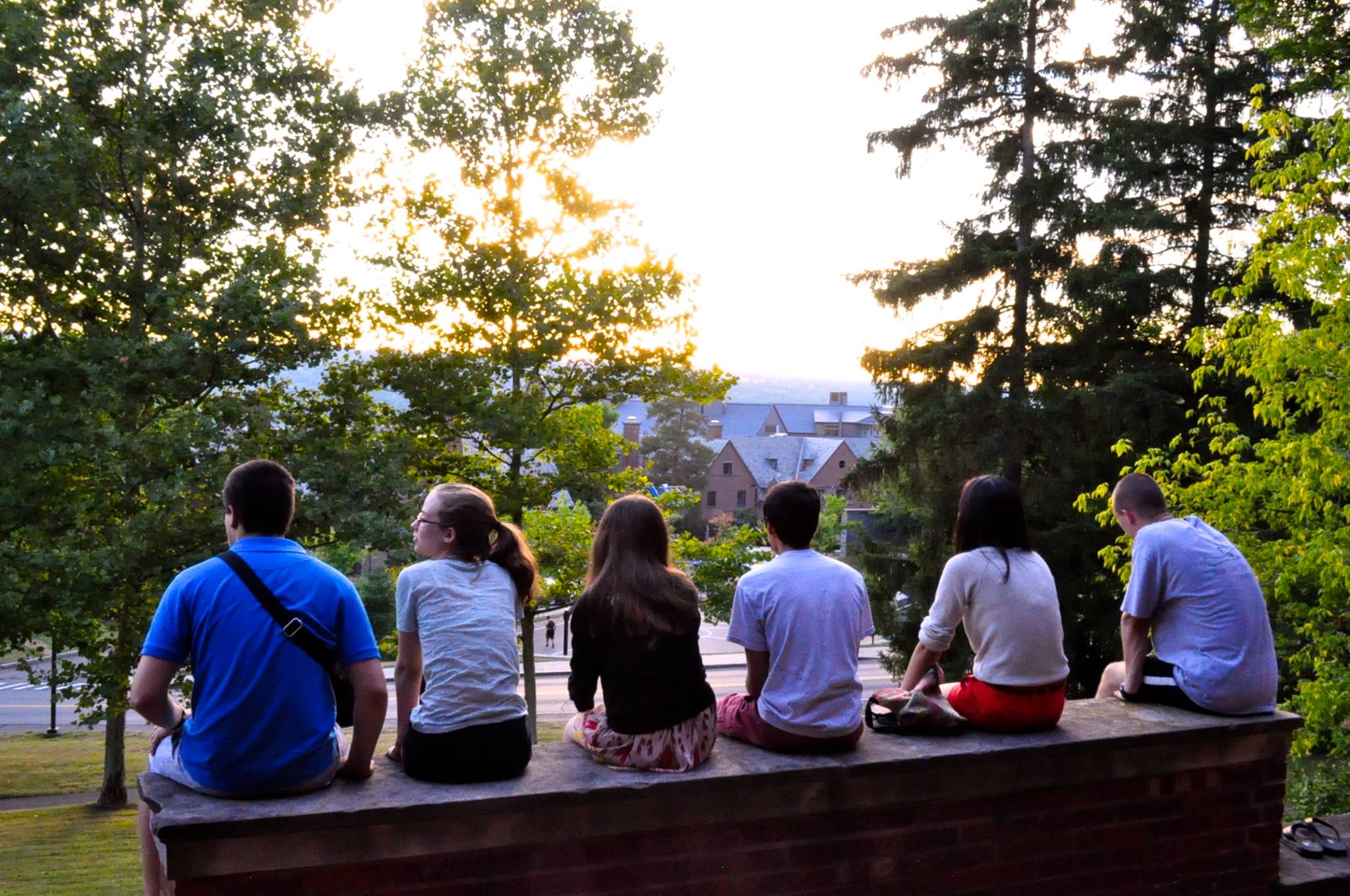
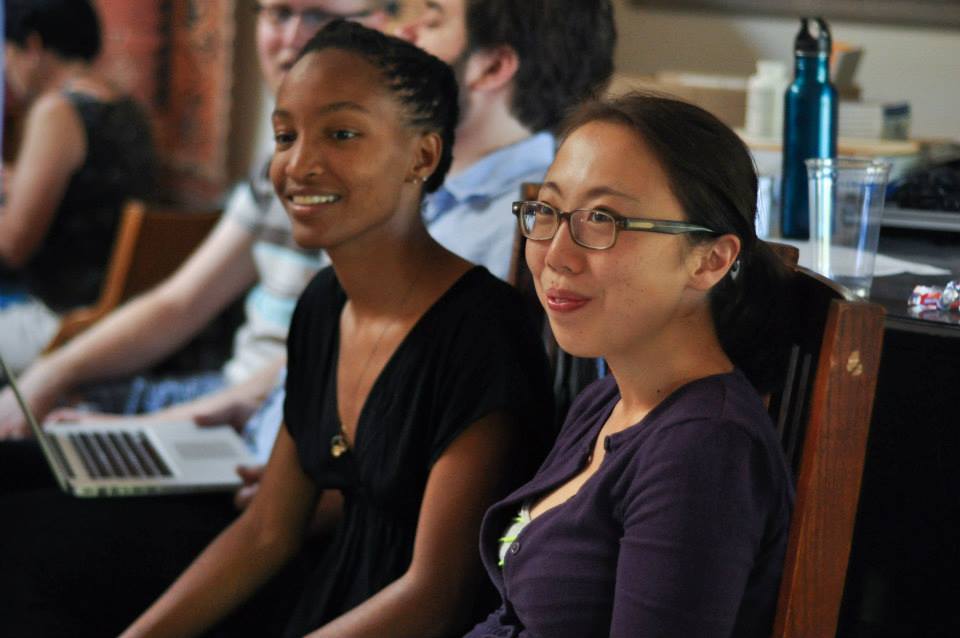
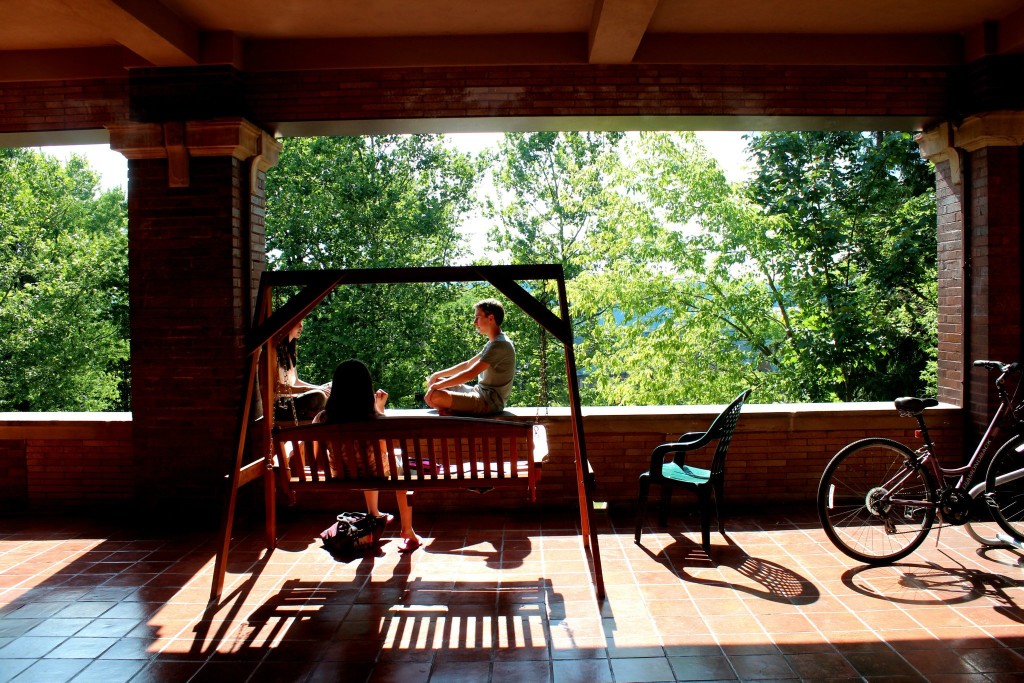




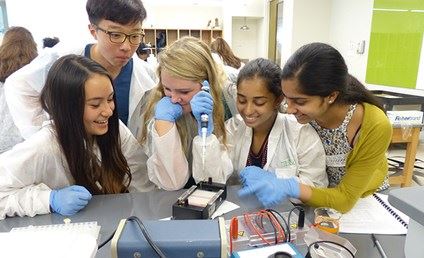

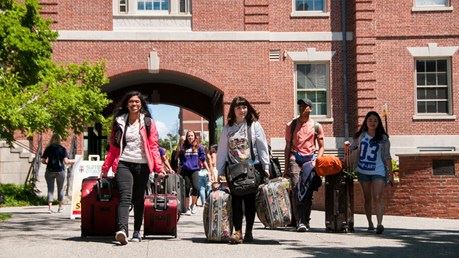
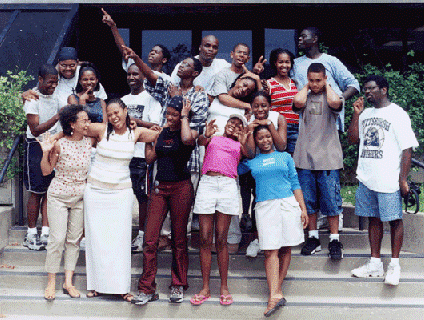

Tell us your
opinion about us